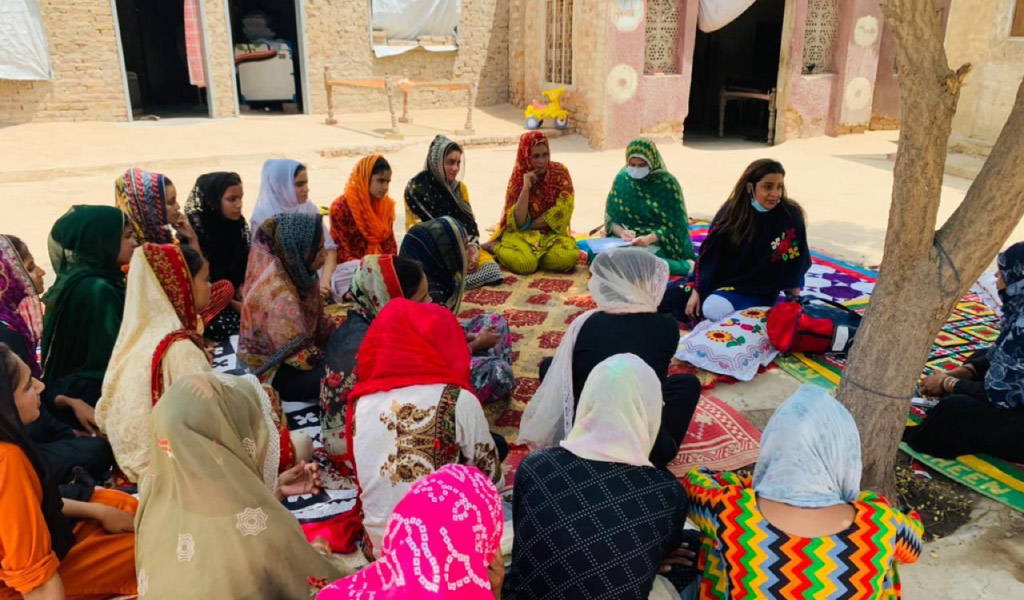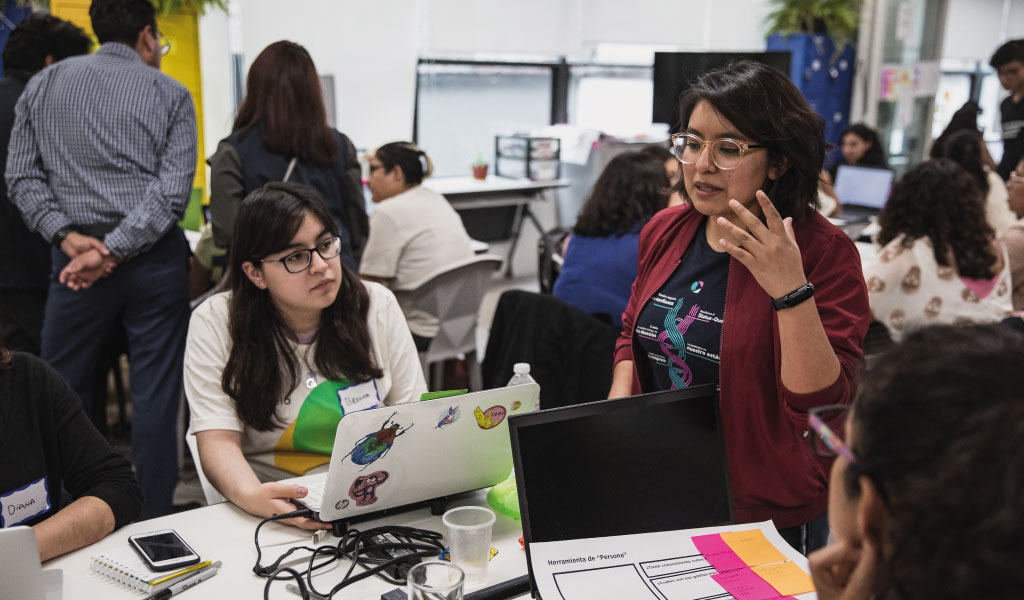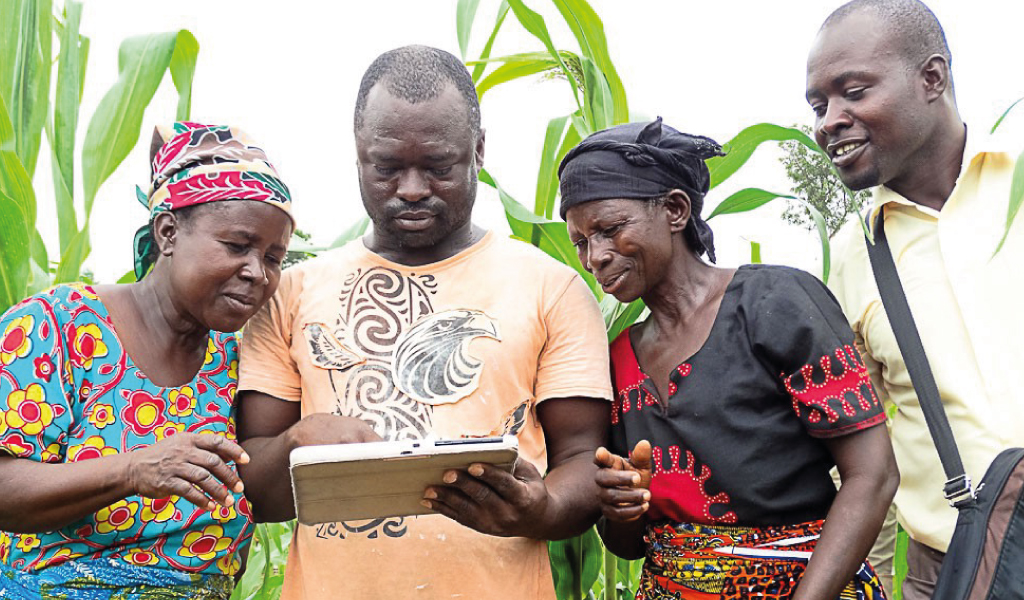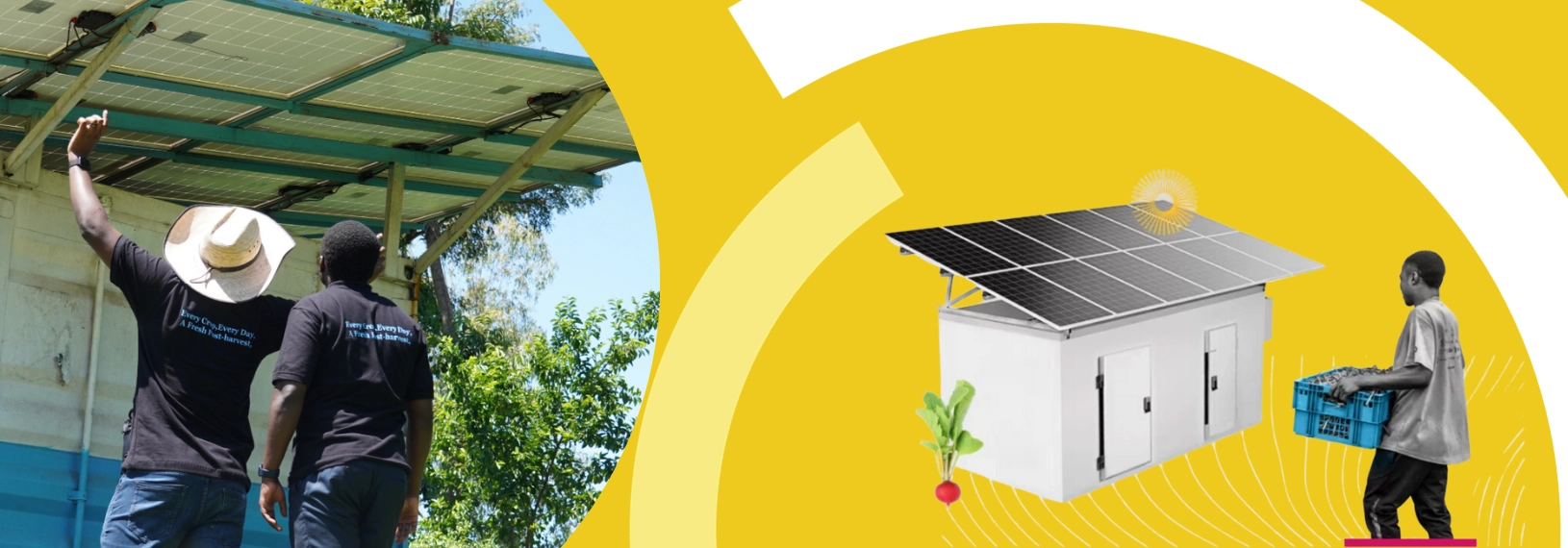Winners’ Impact
WSA values and celebrates every project, that has been nominated and won.
By leveraging digital content to solve issues locally and globally, those outstanding impact makers contribute to society and the achievement of the UN SDGs.
In this new series, WSA tells the stories and the background to those projects!












